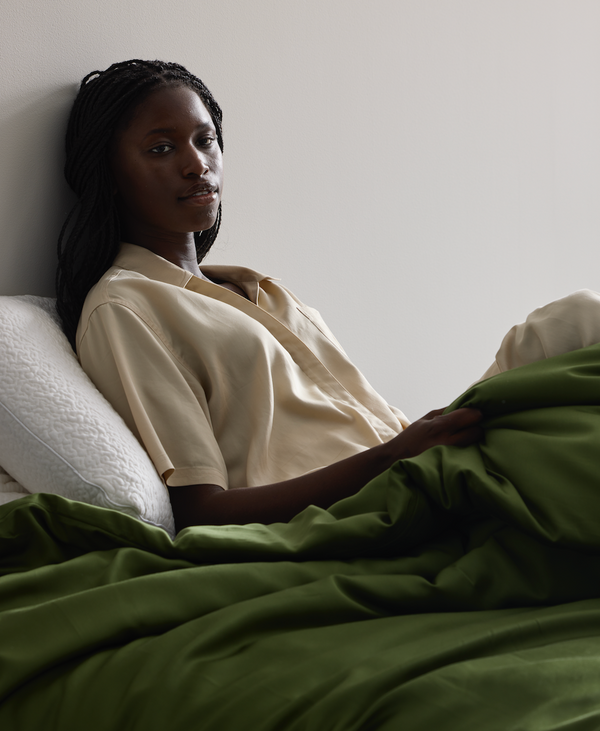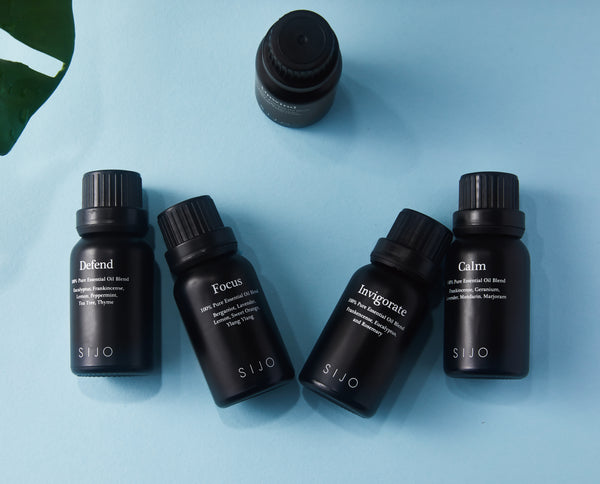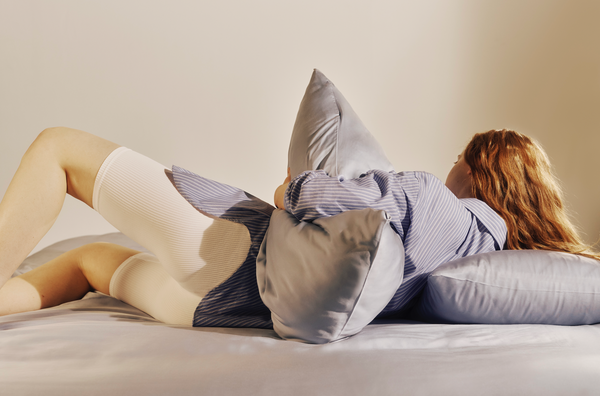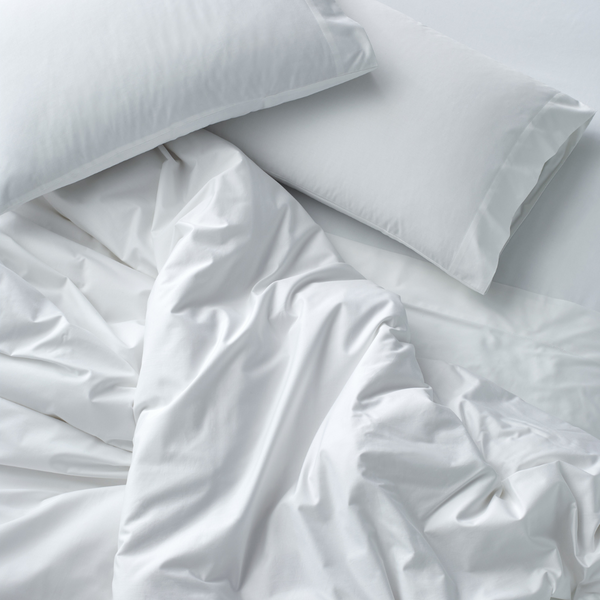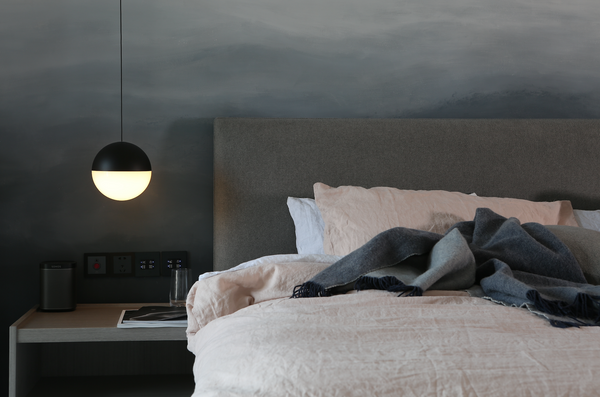Sleep Hygiene 101
Chances are, if you ask someone in your circle of friends or your family what they could have a little more of, sleep would be one of the top answers.
So, what’s keeping us all from getting our best sleep? A lot, actually. So we’re sharing information on sleep hygiene. What, exactly, is that? We’re glad you asked.
What is sleep hygiene?
Sleep hygiene is basically the set of best practices to get optimal rest. This includes many common sense things, as well as a few small but helpful changes that will prepare your body for a restful night.
The Easy Stuff
- Keep your room cool and dark. Optimal sleep temperatures are between 65 - 75 degrees Fahrenheit (18 to 24 degrees Celsius). Sometimes, this means keeping a fan on or utilizing cooling materials for bedding and sleep clothing. Our sleepwear is a hit - check out this post from Sustainable Jungle on Ethical Sleepwear & loungewear, including us.
- Lay off the caffeine. Ending caffeine consumption earlier in the day sets you up for a better night of sleep. This goes for alcohol, too.
- Create an environment of calm. Aromatherapy, pillow sprays, and comfortable bedding can all contribute to a better night of sleep, and contribute to a space where you’re excited to rest.
- Squeeze a quick workout into your day. Even if it’s just a short walk, incorporating extra activity will help you enjoy a more restful night, according to the CDC.
The Difficult Stuff
- Aim for the same bedtimes and wake-up times each day. This sounds easy, but can be challenging in practice. Late nights of work, events, and kids can all alter this a little. Trying to overcompensate for lost sleep by sleeping in on weekends is also not recommended, and can actually throw your schedule off even more.
- Keep your bed (or whole bedroom if you can) saved for sleep or calming nighttime related activities only. Watching TV, reading, eating snacks or talking on the phone in bed makes you associate it with activities that keep you awake and alert, rather than activities that allow you to rest. Sometimes this means moving your TV to another room (we know! But it’s worth it).
- Try to avoid particularly unhealthy meals or snacks before bed, especially if they are fried or heavy. The National Sleep Foundation notes that it can lead to stomach or digestive pains that make sleep more difficult.
Go forth, and try these sleep hygiene tips! We wish you many restful and lovely nights of sleep.
We’re curious as to whether you’ve tried any of these steps and if they’ve made a difference! Be sure to let us know.
Explore SIJO Bedding
- Eucalyptus Bedding
- Eucalyptus Loungewear
- French Linen Bedding
- CLIMA Temperature Regulating Bedding
- Pillows & Pillowcases
- Mattress Pads & Protectors


